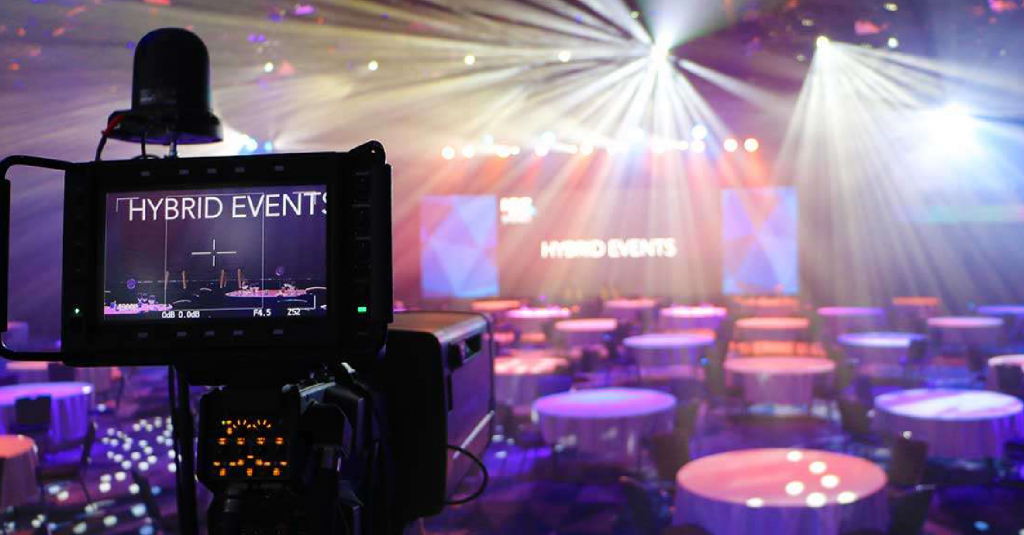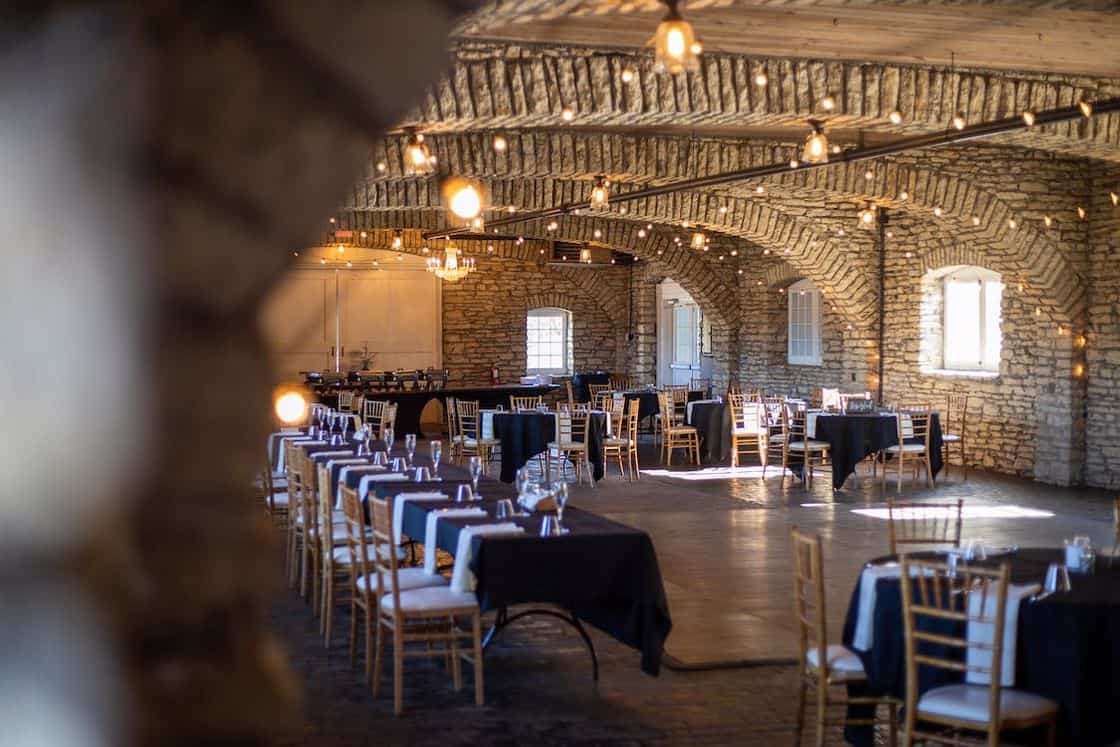What You Required to Make Sure Successful Occasions: Trick Active Ingredients for Flawless Implementation
Successful events pivot on a mindful blend of preparation and implementation. Recognizing goals and purposes is essential, as is precise budgeting. Venue selection plays a pivotal duty, while logistics coordination can make or damage the experience. Each information counts, and backups need to remain in area. As these components assemble, one question remains: what methods truly elevate an event from normal to extraordinary?
Recognizing Your Occasion Goals and Goals
Exactly how can event organizers properly align their initiatives with wanted results? Understanding event goals and purposes is vital for success. This begins with clearly specifying the function of the occasion, whether it is to notify, delight, or promote a cause. Organizers ought to recognize particular, measurable purposes that show the desired influence. For circumstances, increasing participation by 20% or engaging participants via interactive sessions can work as concrete targets.Furthermore, aligning the occasion's theme and activities with these objectives is important. Each aspect, from marketing to logistics, ought to support the overarching goals. Organizers should regularly analyze development towards these goals, enabling changes as required. Engaging stakeholders in the planning procedure cultivates a shared vision, boosting commitment to the goals. Inevitably, a comprehensive understanding of event objectives and purposes not just guides decision-making however additionally guarantees a natural experience that resonates with participants and accomplishes the designated results.
Budgeting: Allocating Resources Sensibly
Effective budgeting is essential for the success of any occasion. It begins with defining clear spending plan objectives, which helps in prioritizing important expenditures and guaranteeing that resources are assigned effectively. Routine monitoring of spending is also required to remain on track and make adjustments as required.
Define Clear Budget Plan Goals
Establishing clear budget plan goals is vital for effective occasion planning. A well-defined budget acts as the foundation for all monetary decisions throughout the planning procedure. By setting specific monetary targets, event organizers can allocate funds successfully, guaranteeing that every facet of the event is monetarily viable. Clear budget objectives enable far better projecting of expenses and potential revenue, reducing the danger of overspending. On top of that, they provide a benchmark against which progression can be gauged, facilitating prompt adjustments if needed. Effective interaction of these spending plan goals to the preparation team fosters accountability and motivates collaboration. Ultimately, clearness in spending plan expectations makes it possible for an extra well organized strategy, causing a smoother execution and an extra successful occasion overall.
Prioritize Vital Expenditures
With clear spending plan objectives in position, event planners can focus on focusing on necessary expenditures to verify resources are allocated intelligently. Identifying key locations such as place prices, event catering, and audiovisual needs is important to guarantee the occasion's core aspects are effectively moneyed. Coordinators ought to evaluate each expense's effect on the occasion's general experience, allowing them to compare necessities and extras. By concentrating on vital prices, they can designate funds to high-priority things that straight contribute to the occasion's success. Additionally, developing a power structure of expenses allows planners to make enlightened decisions when confronted with spending plan restraints, confirming that crucial elements are never ever compromised. This tactical strategy cultivates a tactical occasion that remains within economic limits while satisfying wanted objectives.
Screen Investing On A Regular Basis
Checking spending regularly is crucial for event organizers to keep control over their budget plans and guarantee monetary objectives are met. By keeping a close eye on expenditures, organizers can determine any disparities or overspending early, permitting for prompt adjustments. This practice not only makes sure that funds are designated properly but also boosts responsibility among team members liable for numerous spending plan categories. Making use of budgeting devices and software can streamline this process, providing real-time understandings right into financial standing. In addition, regular evaluations of the budget help in forecasting future costs and making informed choices regarding source allowance. Eventually, consistent surveillance promotes a positive technique, enabling occasion coordinators to perform successful events while sticking to economic restraints.
Picking the Right Place
Just how does one establish the optimal location for an effective event? Choosing the best venue is vital, as it considerably affects participation, environment, and overall execution. Key variables include capability, ease of access, and location. The location must be easily situated for participants, ideally offering enough car park or public transportation options. Additionally, the ability must line up with the expected visitor list, making certain convenience without overcrowding.The venue's ambiance need to enhance the occasion's style, whether formal, laid-back, or experiential. Ease of access for people with specials needs is also necessary, making certain an inclusive setting. Possible venues must have the needed amenities, such as audio-visual equipment, Wi-Fi, Resources and providing alternatives. Budget plan restraints need to be taken into consideration, as hidden expenses can arise. Inevitably, carrying out site brows through and contrasting multiple locations will provide a more clear photo, aiding to make an enlightened choice that aligns with the event's objectives and assumptions.
Developing an Extensive Event Plan
Developing a complete event strategy begins with plainly determining the event's objectives. This step is essential for effective budget and resource allotment, ensuring that all facets of the event line up with its objectives. Mindful planning at this phase establishes the structure for a successful event implementation.
Recognize Event Goals


Budget and Source Allotment
With distinct occasion purposes in location, the following step involves meticulous spending plan and resource appropriation. Our site This procedure requires a thorough analysis of expected expenditures, including venue costs, innovation, catering, and staffing. Recognizing potential revenue streams, such as sponsorships and ticket sales, is similarly crucial. A comprehensive budget plan ought to focus on essential components while enabling flexibility for unexpected costs. Resource allocation must concentrate on maximizing staff roles and leveraging available modern technology to improve effectiveness. Additionally, recognizing the target audience's preferences can assist decisions on expenses that will generate the greatest roi. Efficient budget management lays the foundation for a successful event, ensuring that all components align with the overarching objectives while maintaining economic accountability.
Effective Interaction and Promotion

Collaborating Logistics and Facts
Effective events hinge not just on effective interaction but likewise on meticulous coordination of logistics and details. Every element, from location option to transport setups, plays an essential duty in the overall success. Event planners have to produce thorough timelines that account for arrangement, failure, and changes in between activities. This includes coordinating with vendors, handling tools rentals, and guaranteeing all needed supplies are on hand.Attention to information is critical; minor oversights can lead to significant interruptions. As an example, validating the availability of audiovisual tools and food catering services is important to prevent last-minute problems. Additionally, seating setups must mirror the event's function, whether it's for networking or discussions. By systematically dealing with these logistics, coordinators can develop a seamless experience for guests. Ultimately, the cautious orchestration of these elements can boost an occasion from common to amazing, ensuring that all participants leave with a favorable impression.
Preparing for Backups and Adaptability
Just how can event coordinators ensure that their gatherings remain smooth despite unanticipated challenges? Effective preparation for contingencies is important in event administration. Coordinators should perform thorough danger analyses to recognize possible concerns-- such as weather condition disturbances, technical failures, or vendor terminations. Creating a detailed backup plan for each identified danger allows quick reactions when problems arise.Adaptability is similarly vital. Occasion coordinators have to stay ready and adaptable to change their strategies as circumstances develop. This may include having backup vendors, alternate locations, or added sources on hand. Furthermore, reliable interaction with employee and stakeholders warranties every person is educated and prepared to respond promptly.Regular training and drills can enhance a group's ability to handle unexpected scenarios. event companies charlotte nc. By promoting a culture of adaptability and positive problem-solving, event organizers can substantially increase the chance of performing successful events, even amidst unexpected challenges
Regularly Asked Inquiries
Exactly how Do I Handle Last-Minute Adjustments to the Event?
Handling last-minute modifications calls for versatility and clear interaction. It is important to remain calm, reassess concerns, and inform all stakeholders promptly. Versatility in preparation assists reduce stress and anxiety and ensures the occasion can continue efficiently.
What Are Typical Mistakes to Prevent Throughout Occasion Planning?
Common mistakes in event preparation consist of poor budgeting, poor communication among group participants, falling short to prepare for possible concerns, neglecting audience demands, and not having backup plans. These oversights can result in disappointing end results and raised stress.
Exactly How Can I Measure Occasion Success Efficiently?
Gauging occasion success efficiently includes assessing attendee feedback, tracking engagement metrics, examining budget adherence, and examining the success of details goals. These aspects collectively offer a comprehensive introduction description of the occasion's impact and total efficiency.
What Modern Technology Devices Can Enhance Event Administration?
The question of which modern technology tools can streamline event monitoring is crucial. Solutions like event administration software application, mobile apps, and virtual systems enhance intending effectiveness, participant engagement, and overall organization, causing even more effective event results.
How Do I Engage Attendees Prior To, During, and After the Occasion?
Involving attendees in the past, during, and after an occasion calls for clear interaction, interactive tasks, and follow-up engagement methods. Utilizing social media sites, personalized emails, and post-event surveys can improve links and foster lasting partnerships amongst participants. By establishing certain monetary targets, event planners can allocate funds efficiently, making certain that every aspect of the occasion is economically feasible. Developing a complete occasion strategy begins with clearly determining the occasion's purposes. With distinct occasion purposes in location, the following action involves precise spending plan and resource appropriation. To attain this, event planners need to develop a clear, consistent messaging strategy that specifies the event's function and objectives. Measuring event success properly involves examining participant comments, tracking interaction metrics, reviewing spending plan adherence, and evaluating the success of details purposes.